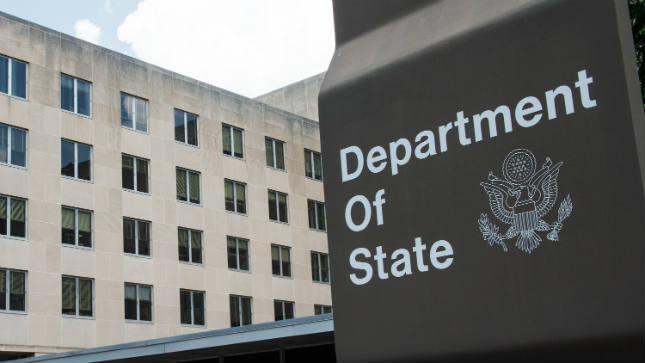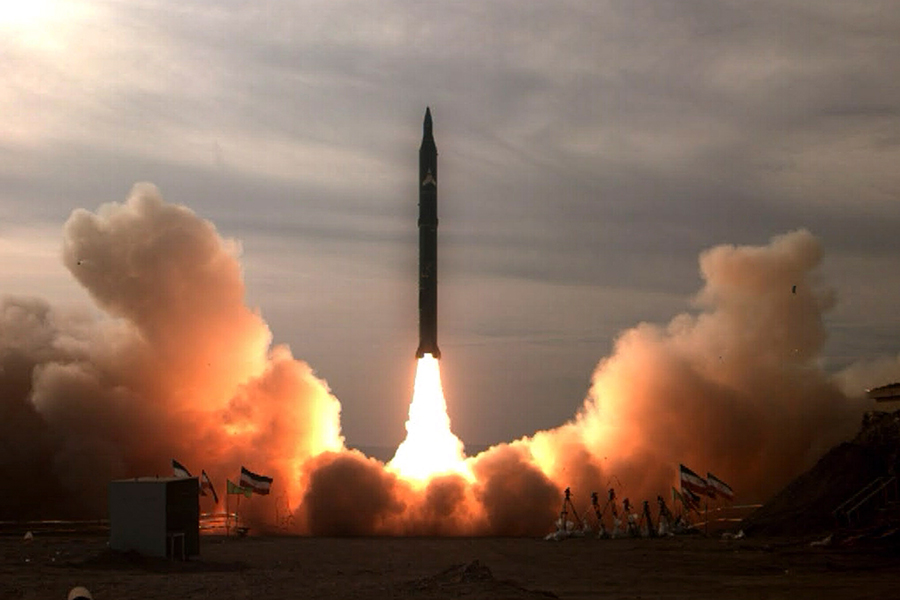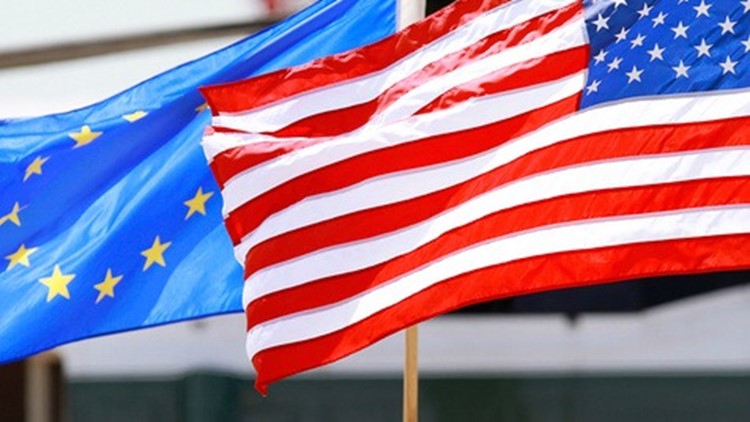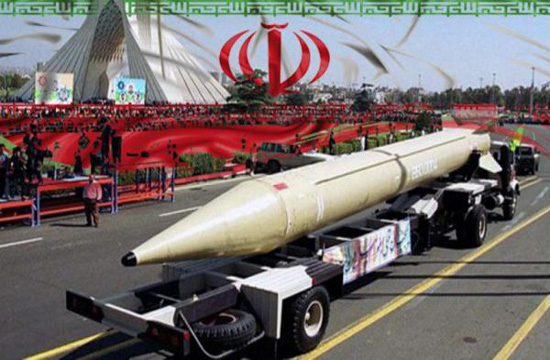Iran Press/ Commentary: The US Treasury Department’s Office of Foreign Assets Control (OFAC) coordinated with the FBI to designate four entities and three people in Iran and Turkey for allegedly buying equipment to be used for Iran’s weapons programs.

Iranophobia; the futile plot
On the extension of the arms embargo on Iran's military programs, the Deputy Spokesperson for the U.S. Department of State Vedant Patel said "We continue to have a number of tools at our disposal to hold Iran’s dangerous development and proliferation of missile-related technologies and UAVs – to hold those things accountable."
Iran remained committed to the JCOPA one year after the U.S. exit from the agreement on Iran's nuclear program in May 2018.
The Joint Comprehensive Plan of Action (JCOPA) is an agreement on the Iranian nuclear program reached in Vienna on July 14, 2015, between Iran and P5+1.
Committed to the JCOPA, Iran developed in various fields, including homegrown UAVs, where the country faced a long list of customers for the Iranized UAVs.
Skeptic to Iran's military might, the West cast doubt on the country's military advancements.
The Russia-Ukraine war was the latest excuse for the West to claim Iranian drones as the vehicle for Russia to take the upper hand in the conflict, meanwhile, Iranian officials' request from the West to release any document over Iran selling drones to Russia left unanswered.
Tehran and Lapaz signed a military MoU on July 20, the cooperation was termed as the threat to Latin America by the Western think tanks. Yet Bolivian Defense Minister Edmundo Novillo Aguilar enlisted border security, and countering drug trafficking as the needs of the country, and stated the MoU as a "role model" for other Latin American countries.

Why sanctions are incapable of hampering Iran's advancements
Patel later in the press conference on Wednesday, October 4 said "UNSCR 2231 is not the only tool that is at our disposal. We have our own sanctions authorities. We have export controls. We have bilateral and multilateral engagements. We have already effectively targeted the same networks and individuals that would have been covered under a 2231 UNSCR violation."
The US slapped more sanctions on Iran in the final days of Donald Trump's presidency.
"Iran’s Marine Industries Organization, Aerospace Industries Organization, and the Iran Aviation Industries Organization had also been blacklisted," said the Secretary of State Mike Pompeo on January 16, 2021.
Later on Friday, Pompeo added that those who knowingly transfer 15 materials that the State Department said are used in connection with Iran’s nuclear, military, or ballistic missile programs, including certain types of aluminum and steel, would be subject to sanctions.
Upon the successful launch of the Iranian homegrown satellite Noor 3, meaning light, with the Qassed carrier on September 27, Iranian President Ebrahim Raisi congratulated the country's young minds and called the sanctions and threats "incapable" of hindering the country's progress.
Being targeted by the sanctions and limited under the JCOPA terms of the agreement, Iran accelerated its progress in various fields on the "we can" mindset, meanwhile, the Western media hype over defaming the name of Iran and tarnishing its valuable achievements did not pan out.

US, Europe Untrustworthy
Prior to Patel's presser, in late September, the EU trio (Germany, France, and England) issued a statement requiring the continuation of the arms embargo on Iran.
Mike Pompeo, the former U.S. Secretary of State, claimed that the development of tools for launching satellites is for the development of Iran's ballistic missile capability.
He added that the so-called development violates UN Security Council Resolution 2231. Iran, rejecting the claims of the Washington authorities regarding the violation of Resolution 2231, has considered the development of missile and space capability as its right.
After the US pullout from the agreement on Iran's nuclear program in May 2018 during Donald Trump's presidency, Instrument in Support of Trade Exchanges (INSTEX), as a European special-purpose vehicle (SPV), established on 31 January 2019 with the mission to facilitate non-USD and non-SWIFT transactions with Iran to avoid breaking U.S. sanctions.
Five EU nations declared in a joint statement on 29 November 2019 that they would join the INSTEX mechanism for trade with Iran.
Back in July 2019, Iran's former Foreign Minister Javad Zarif stated that The Europeans announced 11 commitments, which include the sale of Iranian oil, return of Iranian oil money, investment in Iran, transportation, aviation, and shipping.
European countries said in March 2023 they had decided to end INSTEX, which left the European commitments unfulfilled.
The Head of Iran's Atomic Energy Organization (AEOI) Mohammad Eslami said on October 4, 2024, that the European side of the JCPOA exerts pressure to impose the one-sided implementation of the international agreement on Iran.

Alternatives
Committed to the terms of the International Atomic Energy Agency (IAEA), Iran's Foreign Minister Hossein Amir-Abdollahian unveiled the 'Sultan of Oman Initiative' and the 'Tokyo Initiative.'
By Alireza Akbari
Read More:
IRGC Cmdr: Iran Designs new hypersonic missiles to counter Israel
Ashkan Salehian

